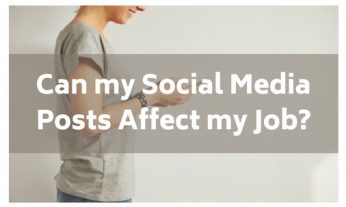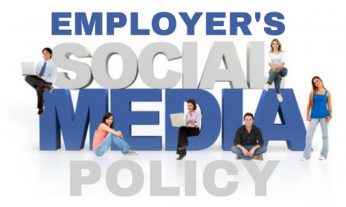 Can my social media posts affect my job status? Many people experience some level of dissatisfaction with their jobs, co-workers, or supervisors. If you are one of those people, you are not alone. One study reports that more than half of Americans are dissatisfied with their work environment. That number has risen over recent years.
Can my social media posts affect my job status? Many people experience some level of dissatisfaction with their jobs, co-workers, or supervisors. If you are one of those people, you are not alone. One study reports that more than half of Americans are dissatisfied with their work environment. That number has risen over recent years.
What is Making Workers Unhappy?
Workers report growing dissatisfaction in a number of specific areas, such as:
- Wages;
- Policies relating to promotions;
- Benefits such as health insurance, sick leave, and vacation time;
- Retirement plans;
- Basic job security.
What Brings Happiness to the Job?
Employees report that two factors impact their happiness on the job more than any others – interest in the job itself and having positive relationships with co-workers and supervisors.
Notably, job satisfaction has actually increased in one area – physical environment. Researchers surmise this may be related to the increase in telecommuting in many industries.
Social Media Posts and How to NOT to Handle Job Angst
Social media posts about your job frustrations can be quite dangerous to your job security. A case in point involves Jane Brill, who was fired after making disparaging remarks about her colleagues on Facebook. While Brill, and plenty of other people, may believe they have every right to say what they want on their own Facebook accounts, (what is the first amendment all about, anyway?) she was mistaken. The fact is, because Brill worked for a private company, she must adhere to their privacy rules.
What About Social Media Posts Unrelated to Work?
Inappropriate social media posts unrelated to the workplace can be just as dangerous to employees as complaints about the company. Even if it occurs on personal time, on a personal device, and espousing personal views, posting offensive content online can result in an employee’s termination.
Review Your Social Media Posts Before You Get the Job
Believe it or not, seven in 10 employers screen social media pages of job applicants prior to making a job offer. So, if you are highly qualified for a position in a competitive job market, your social media posts may tip the scales for or against you as company weighs your application against those of your competitors.
What to Avoid
Although it should go without saying, there are some types of posts that serious individuals really need to avoid:
- Anything showing partying or drunken behavior;
- Political or religious social media posts that may offend others;
- Complaints about current or previous employers;
- Profanity;
- Evidence of prejudice;
- Poor grammar.
Social Media Training
Employers can make sure their expectations are clear by providing regular training sessions for employees regarding social media. Additionally, clearly articulating policies in employee manuals can ensure everyone knows exactly what is accepted and what is considered an offense worthy of termination. [Read more…]


